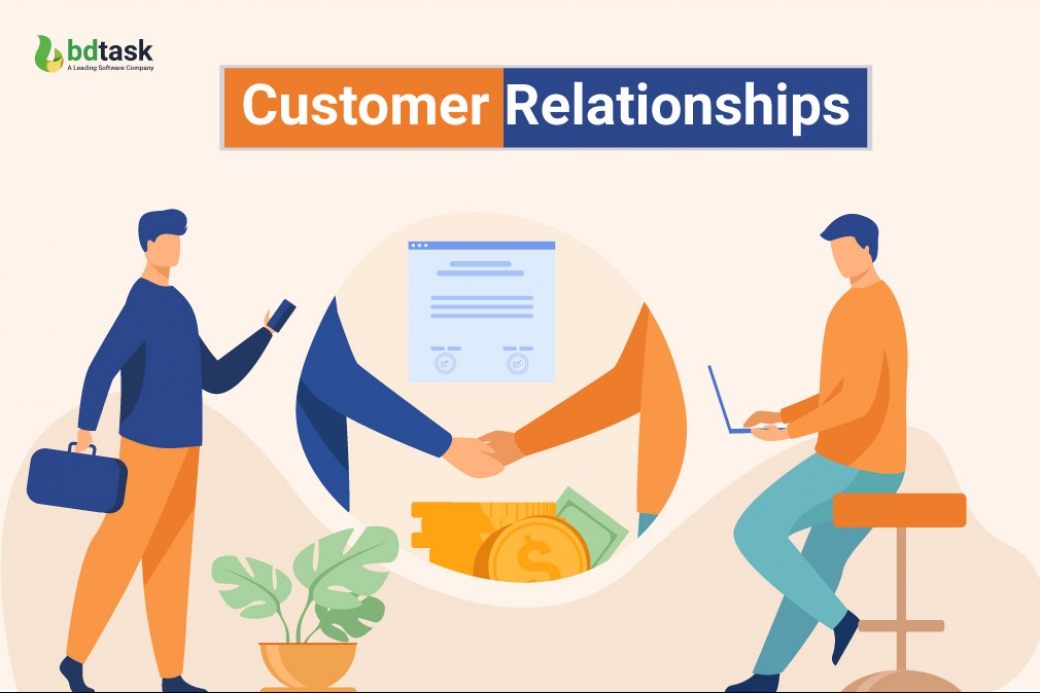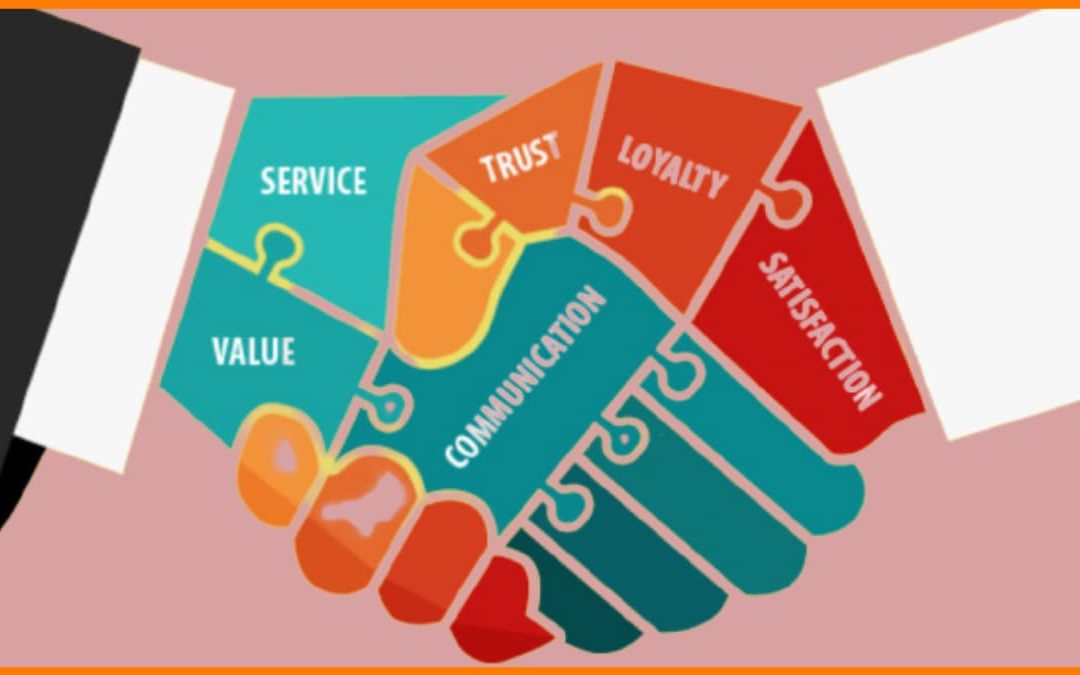In an age where consumers are bombarded with choices, trust becomes a pivotal element in establishing lasting relationships. For call center agents, effective communication is not just about relaying information; it’s about creating credibility and rapport with customers. This article delves into the strategies that agents can use to build trust with consumers, highlighting practical examples and actionable steps that can transform customer interactions.
The Power of First Impressions
When a customer reaches out to a call center, the first impression is crucial. The tone of voice, clarity, and attentiveness of the agent can set the stage for the entire conversation. For example, consider a homeowner who calls about a roofing issue. If the agent answers with enthusiasm and a friendly tone, the customer is more likely to feel valued and understood.
Training agents to greet customers warmly and introduce themselves confidently can create an immediate sense of trust. Simple phrases like “I’m here to help you with that” can reassure callers that their concerns will be addressed.
Active Listening: The Foundation of Trust

Active listening goes beyond hearing words; it involves understanding and responding to the customer’s needs. Agents should practice techniques such as paraphrasing what the caller says to confirm understanding. For instance, if a customer describes a leak, the agent might respond, “So, you’re experiencing a leak in your living room after the recent storm. Let’s get that sorted out for you.”
By reflecting back what the customer has shared, agents show that they are genuinely interested in resolving the issue. This builds rapport and encourages open communication, leading to more effective problem-solving.
Empathy in Communication
Empathy is a powerful tool in building trust. Customers often reach out during stressful situations, such as home repairs or financial issues. When agents express empathy, it creates a bond that fosters trust.
For example, if a customer is anxious about the cost of a roofing repair, the agent might say, “I understand how concerning unexpected costs can be. Let’s go through your options together to find a solution that works for you.” This approach not only addresses the customer’s concerns but also reinforces the agent’s commitment to helping them.
Transparency and Honesty
Transparency is key to establishing credibility. Agents should be clear about what customers can expect, whether it’s the process, costs, or potential outcomes. If an agent knows that a particular service may take longer than usual, they should communicate this upfront.
For example, an agent might say, “Our team is currently busy due to the recent storms, so the inspection may take a few extra days. I’ll keep you updated throughout the process.” This honesty reassures customers that they are not being left in the dark and helps manage their expectations.
Building Long-Term Relationships

Effective communication is not just about resolving a single issue; it’s about nurturing a long-term relationship. Call center agents should aim to become trusted advisors for their customers. This can be achieved by following up after a service call or providing additional resources related to their concerns.
For instance, after resolving a roofing issue, an agent might send a follow-up email with maintenance tips to prevent future problems. This thoughtful gesture not only reinforces the trust built during the call but also positions the agent and the company as reliable sources of information.
Real-World Example: A Trust-Building Success Story
Consider a roofing company that implemented a structured communication strategy for its call center. Agents were trained to actively listen, express empathy, and follow up with clients. As a result, customer satisfaction scores improved significantly. One customer, initially hesitant about hiring the service, remarked, “I felt heard and understood. It made all the difference in my decision to go with your company.”
This example underscores the impact of effective communication on customer trust and loyalty. By prioritizing these strategies, businesses can foster stronger connections with their clientele, ultimately driving repeat business and referrals.
Steps to Enhance Communication Skills
- Training Programs: Implement regular training sessions focusing on active listening, empathy, and effective communication techniques. Role-playing scenarios can be particularly effective in developing these skills.
- Feedback Mechanisms: Encourage agents to seek feedback from customers after interactions. This could be through post-call surveys or follow-up emails asking how their experience was.
- Performance Metrics: Establish metrics to measure communication effectiveness, such as customer satisfaction scores and first-call resolution rates. Analyze this data to identify areas for improvement.
- Recognize and Reward: Acknowledge agents who excel in building trust with customers. Celebrating these achievements reinforces the importance of effective communication within the team.
Joining revJOLT Network

For affiliates looking to capitalize on the principles of effective communication, joining the revJOLT Network can be a game changer. This network specializes in high-converting offers in various niches, including home improvement and consumer services. Here’s how to get started:
To sign up, visit the revJOLT Network website and fill out the affiliate application. The process is straightforward and designed to get you started quickly. Once approved, you’ll gain access to a range of valuable resources, including marketing materials and insights tailored to your niche.
As you promote high-quality offers, apply the communication strategies discussed here. Building trust with potential customers will enhance your conversion rates and lead to higher earnings.
Conclusion
Building trust through effective communication is essential for success in any customer-facing role. Call center agents who master these techniques not only enhance customer satisfaction but also contribute to long-term loyalty and business growth. By prioritizing active listening, empathy, transparency, and relationship-building, agents can create meaningful interactions that drive success.
For affiliates ready to leverage these insights, the revJOLT Network provides the tools and support needed to excel in the competitive landscape of affiliate marketing. Join today to start building your business and increasing your earnings with high-quality offers that resonate with consumers.

